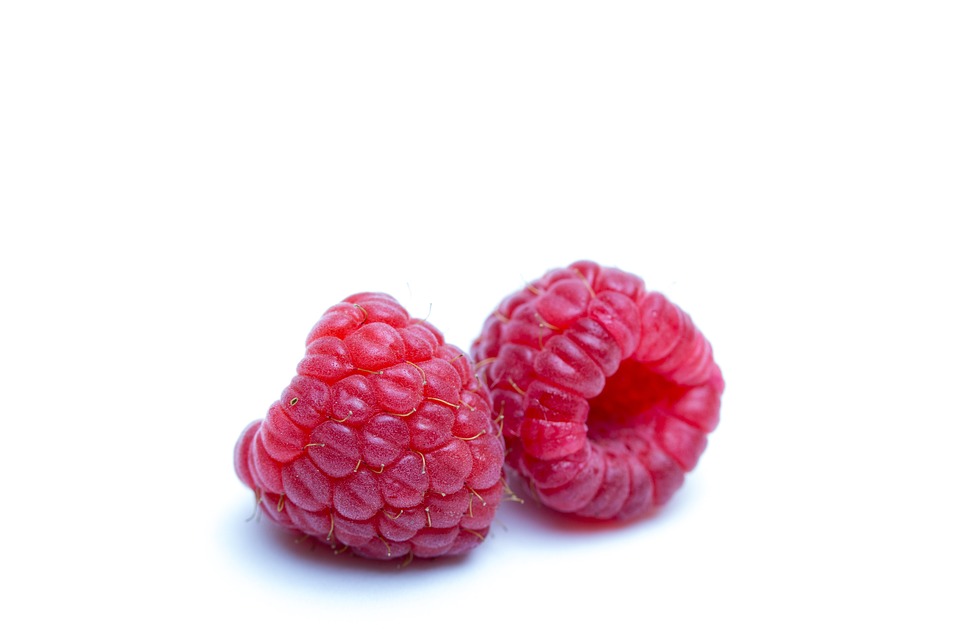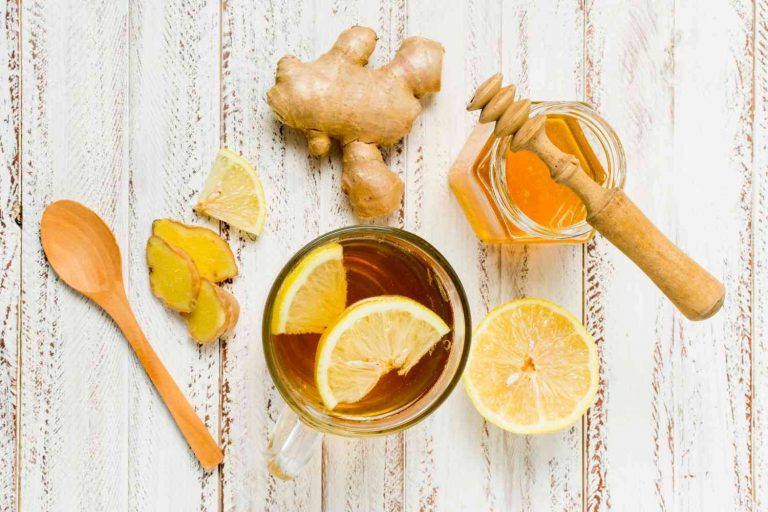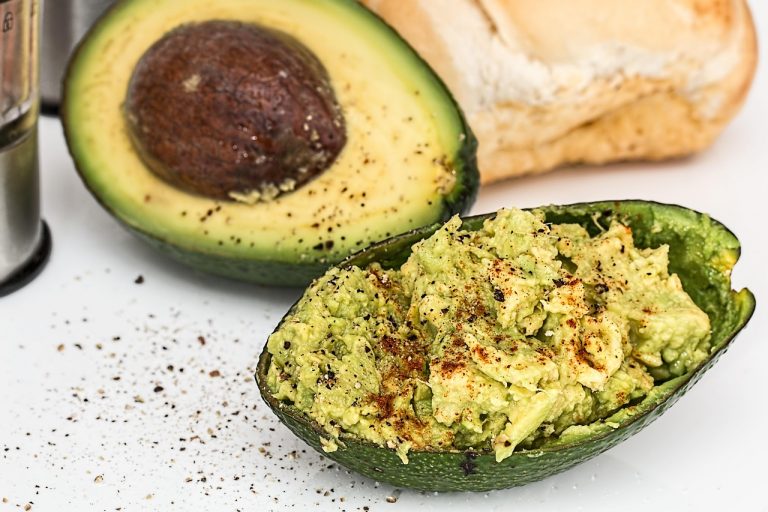Did you know that what you eat can have a direct impact on your reproductive health? It’s true! Antioxidants play a key role in protecting your body from oxidative stress, which can negatively affect sperm quality. If you’re curious about which fruits can give your sperm a health boost, you’re in the right place. Let’s dive into five fruits that are not just delicious but may also enhance sperm health thanks to their antioxidant properties.
1. Blueberries
Why They Rock
Blueberries are often hailed as a superfood, and for good reason. Packed with antioxidants, particularly anthocyanins, these little berries help combat oxidative stress. Research indicates that oxidative stress can damage sperm DNA, which ultimately affects fertility. A study published in the American Journal of Clinical Nutrition found that higher antioxidant intake is associated with improved sperm quality (González et al., 2018).
How to Enjoy
Throw them into your morning smoothie, sprinkle them on your breakfast cereal, or just munch on them as a snack. They’re versatile and easy to incorporate into your diet.
Caveats
While blueberries are a fantastic choice, moderation is key. They can be high in sugar, so if you’re monitoring your sugar intake, keep that in mind.
2. Pomegranates
The Power of Poms
Pomegranates are not just a pretty fruit; they’re a powerhouse of antioxidants. The polyphenols found in pomegranates have been shown to improve sperm health by enhancing testosterone levels and increasing sperm motility. A study in the Journal of Urology showed that men who consumed pomegranate juice saw significant improvements in sperm parameters (Moussa et al., 2016).
How to Enjoy
You can eat the seeds raw, juice them, or even add them to salads for a burst of flavor. Just be mindful of the juice’s sugar content if you’re buying it pre-made.
Caveats
Pomegranate juice can interact with certain medications, particularly statins. If you’re on medication, it’s best to consult your doctor before diving into this ruby-red fruit.
3. Avocados
More than Just Guacamole
Avocados are often overlooked when it comes to sperm health, but they’re rich in vitamin E, a powerful antioxidant. Vitamin E is essential for protecting sperm cell membranes from oxidative damage. A study published in the Journal of the American College of Nutrition found that vitamin E supplementation improved sperm motility in men with fertility issues (Mínguez-Alarcón et al., 2016).
How to Enjoy
Add them to salads, spread them on toast, or blend them into smoothies. Their creamy texture and mild flavor make them a versatile addition to many dishes.
Caveats
While avocados are healthy, they are also high in calories. If you’re watching your weight, be mindful of your portion sizes.
4. Bananas
The Unsung Hero
Bananas might not be the first fruit that comes to mind when you think of antioxidants, but they are a great source of bromelain, an enzyme that may help increase testosterone levels and improve sperm quality. Plus, they’re rich in vitamin C, another antioxidant that plays a role in sperm health.
How to Enjoy
Bananas are perfect for on-the-go snacking. They can also be blended into smoothies, added to oatmeal, or used in baking.
Caveats
Though bananas are healthy, they’re also high in carbohydrates. If you have blood sugar concerns, you might want to consume them in moderation.
5. Oranges
Citrus to the Rescue
Oranges are loaded with vitamin C, which is crucial for protecting sperm from oxidative stress. A study published in Fertility and Sterility highlighted the importance of vitamin C in improving sperm motility and overall quality (Omu et al., 2015).
How to Enjoy
You can eat them fresh, juice them, or toss them into a fruit salad. They’re refreshing and hydrating, making them a great snack option.
Caveats
Be cautious with orange juice—while it’s healthy, it can be high in sugar and calories. Opt for whole oranges when possible.
FAQs
1. How do antioxidants improve sperm health?
Antioxidants neutralize free radicals in the body, reducing oxidative stress that can damage sperm DNA and impair function.
2. Can diet alone improve sperm quality?
While a healthy diet can significantly influence sperm quality, it’s essential to consider other factors like lifestyle choices, stress, and overall health.
3. How long does it take to see changes in sperm health after dietary changes?
Improvements can vary, but many men may notice changes in sperm quality within three months of adopting a healthier diet.
4. Are there any risks associated with consuming these fruits?
Generally, these fruits are safe and beneficial. However, if you have specific health conditions or are on medication, consult your healthcare provider for personalized advice.
Conclusion
Incorporating these five fruits into your diet can be a delicious way to boost your sperm health and overall well-being. From the antioxidant-rich blueberries to the vitamin C-packed oranges, each fruit offers unique benefits that can help protect your sperm from oxidative damage. Just remember, while these fruits can enhance your diet, they work best in conjunction with a balanced lifestyle and other healthy habits.
So, the next time you’re at the grocery store, consider loading up on these antioxidant-rich fruits. Your future self (and potential kids) will thank you!
This article is for educational purposes only and is not a substitute for professional medical advice. Always consult a qualified healthcare provider before making changes to your health routine.
References
- González, A. M., et al. (2018). “Antioxidant intake and sperm quality: A systematic review.” American Journal of Clinical Nutrition. https://doi.org/10.1093/ajcn/nqy123
- Moussa, H. S., et al. (2016). “The effect of pomegranate juice on sperm quality in men with infertility.” Journal of Urology. https://doi.org/10.1016/j.juro.2016.01.013
- Mínguez-Alarcón, L., et al. (2016). “Vitamin E supplementation and sperm motility in men with infertility.” Journal of the American College of Nutrition. https://doi.org/10.1080/07315724.2016.1140959
- Omu, A. E., et al. (2015). “Role of vitamin C in improving sperm quality.” Fertility and Sterility. https://doi.org/10.1016/j.fertnstert.2015.01.006
Get Your FREE Natural Health Guide!
Subscribe now and receive our exclusive ebook packed with natural health tips, practical wellness advice, and easy lifestyle changes, delivered straight to your inbox.





